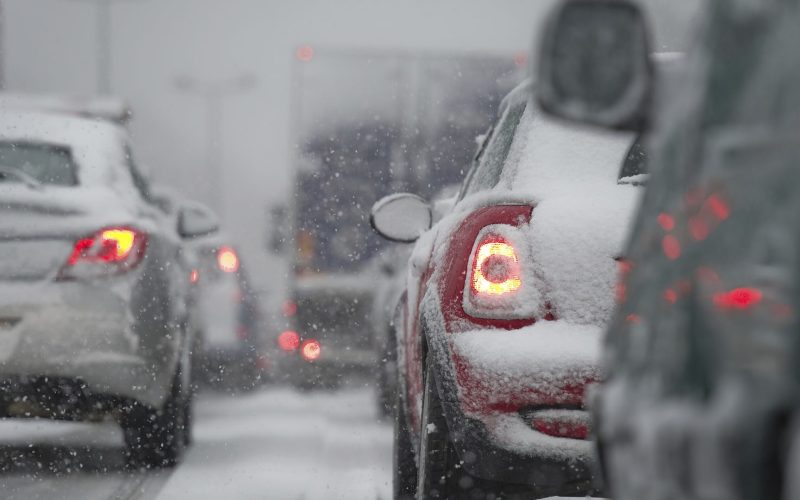THE VOICE FOR THE ENERGY CONSUMER

Analysis Shows Price Increases Will Increase Inequality, Reduce Energy Reliability SYRACUSE, NY – Banning natural gas service will increase inequality, risk electricity reliability and could cost upstate New York households.

As New England prepares for another uncertain winter, CEA’s Marc Brown explores the policies that are causing the region’s electricity bills to surge ahead of the national average, squeezing family.

CEA’s Chris Ventura joined Drew to talk about rising New England energy costs for home heating and gas prices as families prepare for the Thanksgiving holiday. Listen here – WFEA.

CEA President David Holt joined KTRH to talk about how pipeline constraints are contributing to the increased volatility of energy prices, and how new and modernized infrastructure can help bring.

As consumers look at spending over $14.1 billion more on home heating and energy costs this winter, one of the hardest hit regions of the country will be New England..

With a colder than normal winter expected for the United States, CEA’s David Holt joined CBN News to talk about how this will impact families across the country – and.

CEA Midwest Executive Director, Chris Ventura, examines how activist lawsuits designed to limit family choices for home heating, cooking, and travel are contributing to rising energy costs that will see.

While some politicians are focusing on small decreases in the price of gasoline, despite remaining at historic highs, CEA’s latest analysis on winter heating costs found that families can expect.

Participants discuss inflation-causing strain high energy prices put on agriculture Jackson, MS – Consumer Energy Alliance (CEA), the leading energy and environmental advocate for families and businesses, and the Mississippi.

As the United States continues to grapple with volatile energy prices, forcing families and businesses to dip into their savings to pay for increased costs, CEA’s David Holt spoke with.